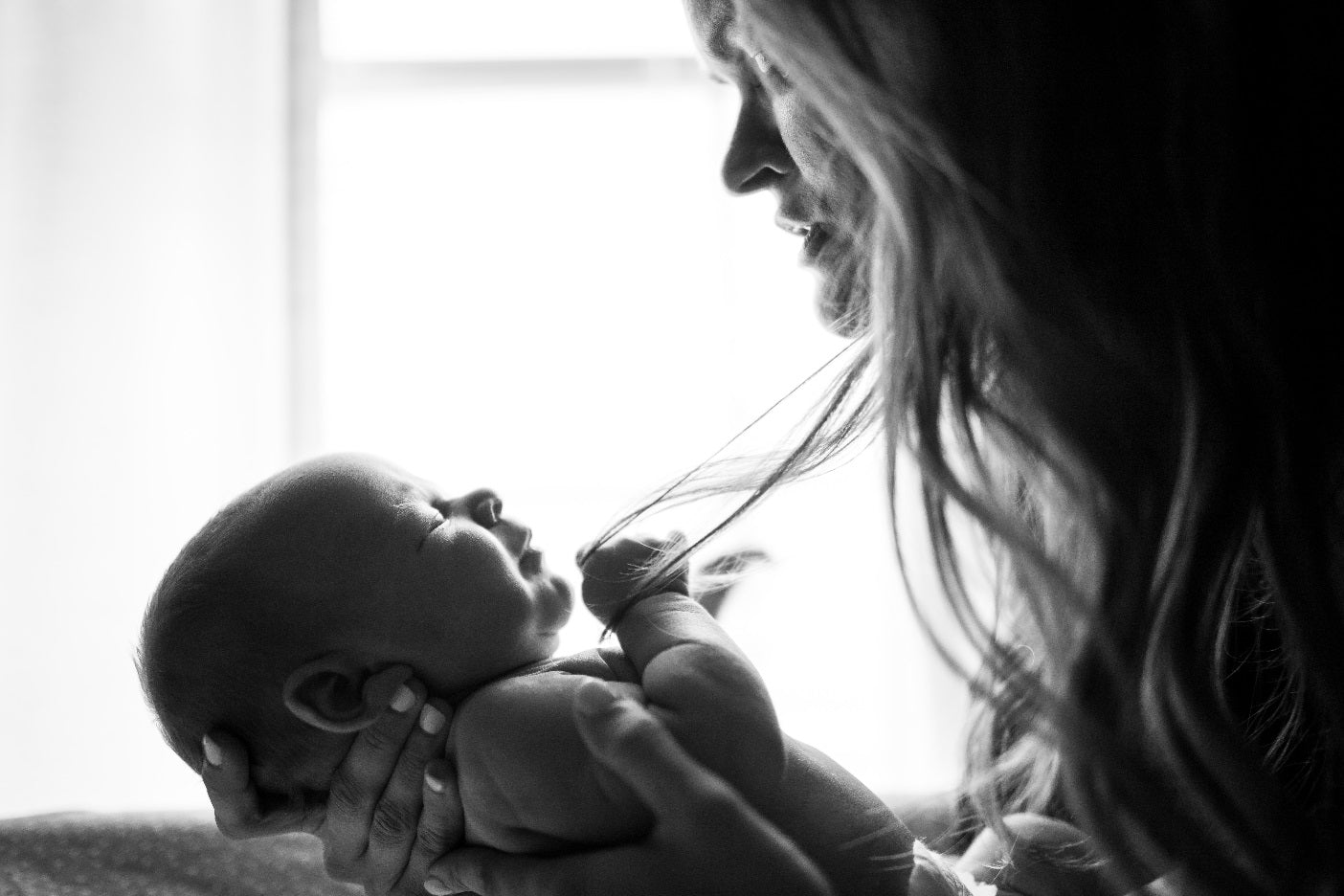No one can argue that 2020 was a year that brought on many levels of hardship. Everyone has been impacted in some way from the pandemic. Whether it be a job loss, financial hardship, separated from loved ones, loneliness, we all have had to go through changes.
I have been an out of hospital midwife for over 18 years. I have dedicated my life to helping moms through pregnancy, birth, and the first weeks postpartum. This year has brought a whole new level to the definition of being a midwife. So much fear is being created by this pandemic, and for a newly pregnant mom, this fear is just layered by the normal fears and worries that a lot of moms have.
We have had so many more calls from potential clients. People that would have never thought of out of hospital birth before, but because of COVID protocols in the hospital, so many pregnant moms are now wanting to have their baby at home. This is the part of COVID that most of us midwives are seeing as a blessing. It has been amazing to educate so many more individuals on the benefits of out of hospital birth. But it also has been heart wrenching to hear from these clients, the level of anxiety they are experiencing, being pregnant in the middle of a pandemic.
I wish we could cocoon these mamas and protect them from all their worries. So many questions we hear everyday: “what if I get COVID”, “what if my immediate family gets COVID”, “will my baby be OK if I get moderate/severe symptoms”, “can I still have a home birth if I am positive for COVID”, “if my family gets sick after my baby is born, can my baby get sick”. Never in my career have I been at such a loss at trying to figure out answers to every potential scenario that each client asks around the potential of getting sick. There has been no manual for health care providers on what the best way to handle this situation. We do our best. We do a lot of listening, and we try and calm fears. We make the best decisions we can daily, based on the information we have at the time. And most importantly, we pour as much love as we can into these mamas.
One of the most important messages we give to our clients during their care, is how important having support and love from their tribe is. I believe this is essential to physically and mentally travel the road of pregnancy, birth, and postpartum. The longer I do this job, the more I am convinced, that the majority of maternal health stems from the core of being mentally healthy. Obviously every family looks different, every mothers support system looks different, and I feel like part of my job is to help each woman identify support people in her life that love her unconditionally through the emotional rollercoaster of pregnancy, birth and postpartum. But what if that main support person lives 2 states away and now can’t travel due to COVID restrictions? What if a father can only take 2 days off of work, and grandma has always come over to help with the other children postpartum, but now can’t come due to being high risk and having to quarantine?
When our clients are headed into their 3rd trimester, we send them two handouts regarding postpartum depression. One, has a list of risk factors of postpartum depression. Just a few of these risk factors include: do they have a history/family history of depression and anxiety, loss of a child, severe PMS, do people tell me I’m a perfectionist, it's hard for me to ask for help, or I have a past traumatic birth experience. Knowing these factors allows us to become more aware of our clients risks for postpartum depression, and helps us to know exactly what kind of questions to follow up regarding emotions adjustment in their postpartum care.
The second handout is a 10 day postpartum plan. This allows us to open communication up around who is going to help in the home for the first 10 days, so that a mom can feel like she can bond with her baby and breastfeeding can be established. So many of our clients have not
even thought about a plan. Who is going to cook meals? Who is going to do the laundry? Who is going to take care of the other children? Statistically, there is a lower risk of postpartum depression (no matter how many risk factors), when a mother perceives that the support she receives allows her to rest, both mentally and physically after the birth.
So what do we do to help new moms, in the middle of a pandemic, feel supported and loved in a way that she can focus on bonding with her baby, heal from birth, and know that the rest of her family and household are taken care of? How do we provide for the new moms when their “normal” postpartum plan can not be accomplished by the restrictions COVID has given? I’m not sure if there is a perfect answer, but these are the biggest issues/questions we are seeing everyday.
I guess this is really more of a plea to anyone reading, to check in on your pregnant/ postpartum friends and family. Don’t just ask these moms if they need help, because many feel obligated to show they can do it on their own. Don’t ask, just do. Pick up their toddler for a play date, bring a meal, clean her house, do her laundry, do her grocery shopping. I feel like the only way we can get through this pandemic, is to come together and create community with those you might feel are in need. Be their tribe. Be their person. I can guarantee they will be unbelievably grateful.
Brittany Hiller
Licensed Midwife


